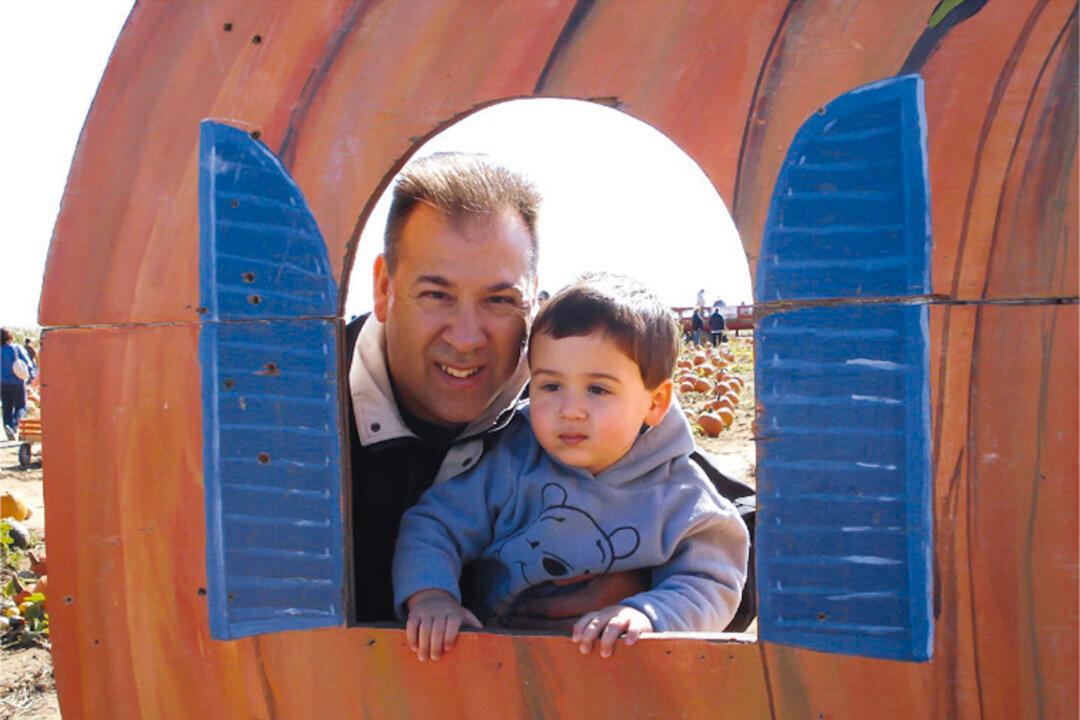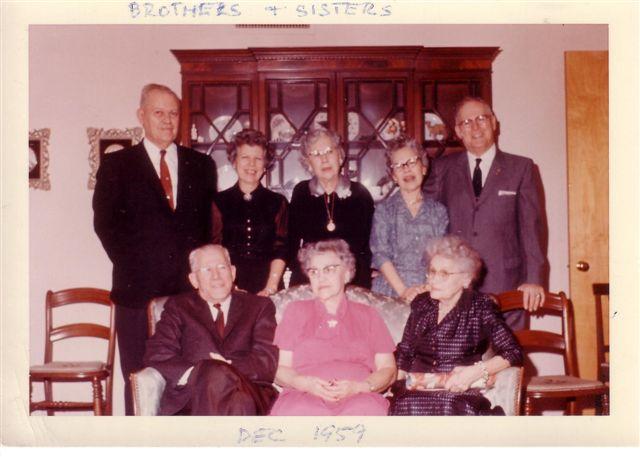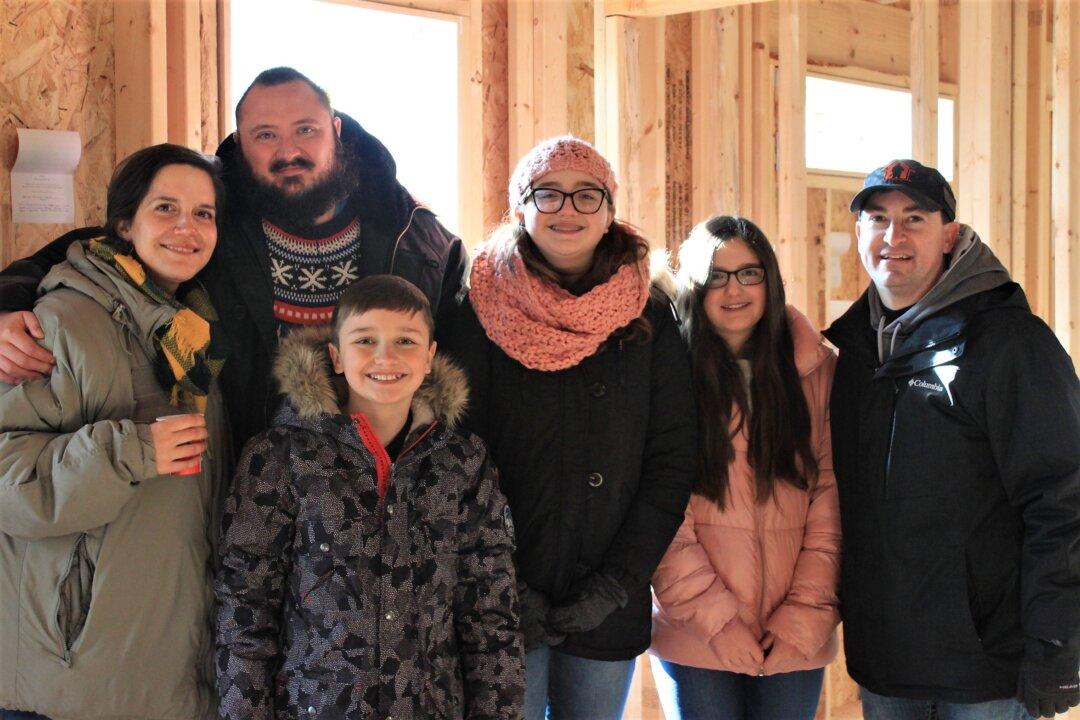The rise in dementia cases in advanced societies presents a very real fear for most Americans. Many people become hyper focused or fearful about dementia-related conditions.
But Dr. Richard Restak, a clinical professor of neurology at George Washington Hospital University School of Medicine and Health Sciences, says there are preventative measures you can take to keep the brain sharp and build memory. Dr. Restak is the author of 21 books about the human brain, including his recently released book “How to Prevent Dementia,” in which he offers techniques to prevent losing memory recall, everyday speech, or diminished problem-solving skills as you age.





